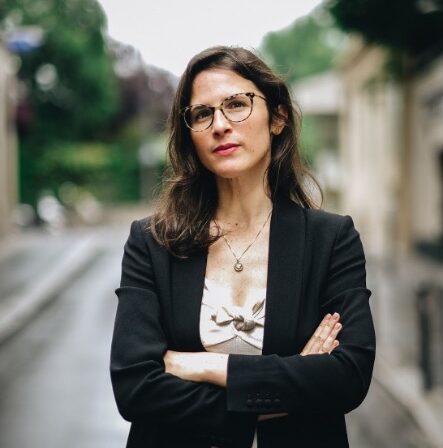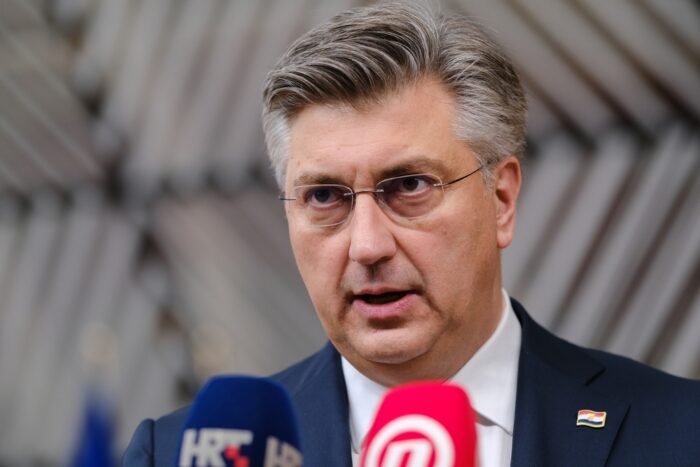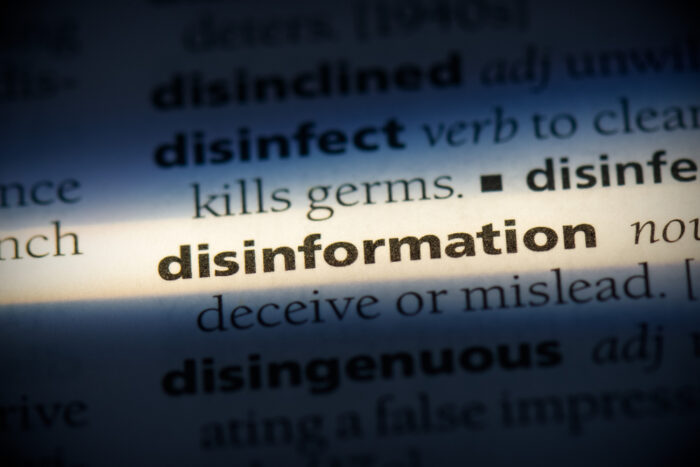The Progressive Post
The Democratic Shield: safeguarding democracy in the age of AI

In this critical electoral year, the development of generative AI could present a growing threat to democratic processes. With disinformation, deep fakes, and social media manipulation on the rise, it is urgent to develop effective countermeasures. New technologies, such as AI, could also be used for this purpose. We call for the rise of a ‘Democratic Shield’ to safeguard the integrity of elections and defend democratic principles.
In the wake of incidents like during the campaign for the Slovakian national election in September 2023, where a deep fake surfaced just days before the polls, it is clear that the threat posed by AI-driven disinformation is real and immediate. Without robust and proactive measures to counter these threats, the integrity of democratic processes will remain at risk. To tackle this challenge, make.org, in collaboration with a task force of numerous civil society organisations, experts in the fields of AI and democracy, has launched a new initiative, the Democratic Shield: ten cross-society actions dedicated to ensuring the security and integrity of the European elections.
The Democratic Shield demands strong commitment from civil society, political and public stakeholders, as well as public institutions. EU institutions particularly need to engage in policymaking in the field of AI and democracy, reinforcing quiet periods and combating online disinformation. Additionally, the Democratic Shield calls for stakeholder pledges, including codes of conduct for political parties, media organisations and influencers, to uphold transparency and ethical behaviour in their communications. Finally, the initiative mobilises civil society to improve resilience against attacks. For this reason, the task force is promoting the development of an AI-generated content detector.
Since the publication of the first Democratic Shield op-ed, the task force has persisted in engaging with the broader public to put these ideas on the agenda. Significant efforts have been made to translate these ten ideas into tangible actions and guidelines. The task force successfully reached out to all spheres of society, engaging private stakeholders, public actors and civil society organisations, advocating for urgent actions to safeguard the upcoming elections. As a result, the initiative has not only raised awareness but also inspired meaningful action, demonstrating the collective strength of civil society in safeguarding democracy in the digital age.
In line with the goals of the Democratic Shield, significant advancements have been achieved in formulating technology regulation policies ahead of the elections. The recent activation of civil society has put the protection of election integrity at the top of the European political agenda. In a recent publication, the European Parliamentary Research Service stated that “foreign interference in election processes has become increasingly prevalent, exacerbated by new technologies and widespread social media use and increased geopolitical rivalry”.
It must be highlighted, however, that institutional action already dates back more than that: the measures proposed by the shield coalition are in line with political calls from March 2022: in a resolution, the European Parliament called “for regulation and actions to oblige platforms, especially those with a systemic risk to society, to do their part to reduce information manipulation and interference”. In addition, the Digital Services Act (DSA) in 2022 marked an initial stride toward election protection, imposing new obligations on online platforms, enhancing user safeguards, and implementing transparency measures. With the election approaching, pressure mounts for action, prompting the European Commission to recently release new guidelines that indeed echo the Democratic Shield’s demands.
Under the DSA, platforms with over 45 million active users in the EU are mandated to implement elections-specific risk mitigation measures tailored to each individual electoral period and local context. Among these measures, the guidelines now ask large social media platforms to implement an incident response mechanism, during the electoral period to mitigate the impact of incidents that could significantly influence the election outcome or voter turnout.
The idea of an incident response mechanism echoes the Democratic Shield’s idea to reinforce the quiet period and its extension to social media platforms, in order to regulate virality in the event of a massive attack. Additionally, the guidelines align with the Democratic Shield’s objective to label all AI-generated content, thereby mitigating the impact of deepfakes. This initiative has been promoted by the task force, which has advocated for the creation of an AI-generated content detector in collaboration with the tech company Sopra Steria.
These guidelines resonate with the essence of the Democratic Shield: a call for widespread commitment across all sectors of society to fortify the integrity of the upcoming elections. The DSA’s insistence on collaborative endeavours mirrors the aspirations of the Democratic Shield, fostering coordinated actions against the multifaceted challenges posed by emerging technologies and addressing threats from malicious forces aiming to disrupt democratic processes. Encouragingly, the emergence of complementary initiatives underscores the commendable dedication of civil society organisations throughout Europe. For instance, the joint-submission published by a coalition of civil society organisations in response to the guidelines exemplifies collective efforts, highlighting the crucial role of disabling recommender systems, which promote emotive and extreme content to increase user engagement in order to safeguard elections.
In this unified effort, these initiatives lay the groundwork for a resilient framework, ensuring the integrity of our elections and the vitality of democracy. As we navigate the complexities of digital democracy, the EU and civil society must unite behind these measures with a shared vision for a future where democracy thrives. Together, we possess the collective strength to overcome obstacles and uphold the very essence of democracy. We invite other civil society organisations to join us in this important effort to raise the Democratic Shield together.
Photo credits: European Parliament




